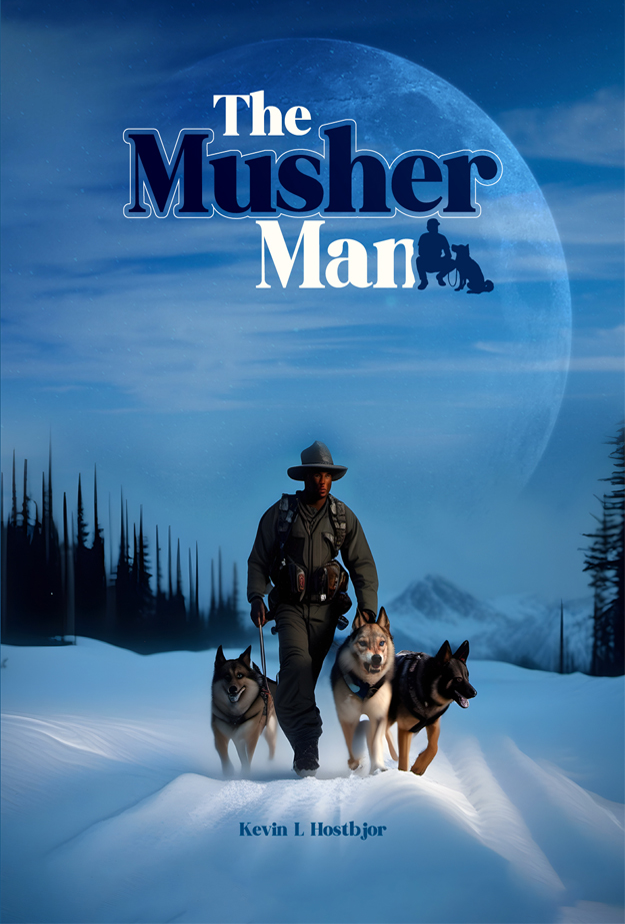The Musher Man:
Amazon Review
Reviewed by E. Smith in the United States on August 29, 2025
I once went book shopping with a friend who had an unusual method for choosing her reads. She would flip straight to page 78, read a few lines, and then decide whether the book was worth buying. “It never fails,” she told me. Perhaps that’s a clever trick for most books—but The Musher Man is an exception. You don’t need to wait until page 78 to know it’s extraordinary; the strength of Kevin’s storytelling is evident from the very first page.
Kevin is a master of suspense and tension, drawing the reader in with prose that is both gripping and intelligent. What impressed me most, however, was his remarkable use of perspective. By allowing each chapter to be told through a different character’s eyes in the first person, he creates an intimate connection with the reader—bringing to life not only the characters’ voices, but also their emotions, quirks, and inner worlds. This is the mark of a writer with rare empathy and skill, one who can translate human experience directly from his imagination onto the page.
The story itself is clever, layered, and wholly engrossing. I found myself utterly absorbed, unable to set it down until the final page. Kevin has delivered a novel that is not just a page-turner, but a testament to his talent as a writer.
Bravo, Kevin—The Musher Man is a triumph.
Readers’ Favorite Review
Reviewed by Maalin Ogaja for Readers’ Favorite, 9 July 2025
In The Musher Man by Kevin L. Hostbjor, Denny Darkcloud is part Haitian and part Kootenai Indian. To protect him, his mother, Panacaea, adapts the way she raises him. From her, he learns the healing traditions passed down through the Haitian lineage. From his Kootenai aunt, he discovers more about his father, who died in the Korean War. Inspired by his father’s legacy, he enlists in the Navy. But just before he heads to boot camp, a heartrending tragedy strikes. Meanwhile, the town of Whitefish, Montana, has been haunted by a string of unsolved winter murders from 1967 to 1971. From the very first death, the clues point disturbingly close to home. However, Sheriff Jacobson refuses to accept where they lead. When tragedy strikes Denny’s family again, the clues and the continued denial are no longer an option. As Denny grapples with this loss, the question remains: will the truth finally come to light and justice catch up with this killer hiding in plain sight?
The Musher Man by Kevin L. Hostbjor thoughtfully examines the theme of prejudice and lingers long after the final page. The sadness and anger settled in quietly, making me question human nature and justice. When Denny’s mother chooses a different upbringing for her son, one rooted in cultural heritage and healing, it reveals the sad truth of how the world treats those who are different. Yet she responds not with hatred, but with a quiet strength. That she chooses the kinder route, labeling the prejudice as merely ignorant and stupid, speaks of her character: empathetic, emotionally intelligent, and deeply aware of the power words hold. She passes these values on to Denny, teaching him compassion and clarity. These values form part of Denny’s inheritance. When grief comes, his mourning is subdued, almost detached, an ache that doesn’t scream. It just sits heavily on the soul. It is a sorrow buried under years of silence, shaped by years of restraint. Even in the wake of profound loss, the story offers moments of quiet grace, reminders that human connection can find us when we need it most. I highly recommend Denny’s story to readers who appreciate emotionally layered narratives with quietly strong protagonists.
